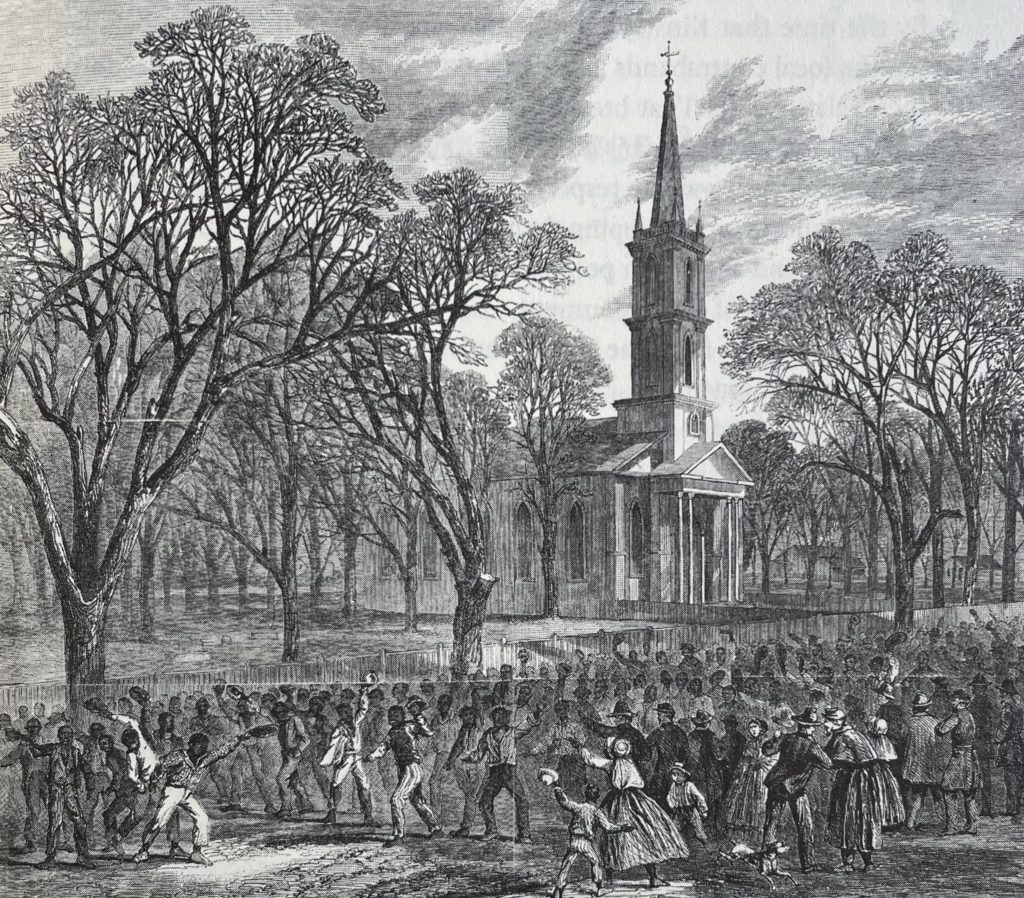
Juneteenth is upon us! If you’re interested in exploring what enslaved North Carolinians had to say about slavery, Emancipation and the Civil War, there are plenty of places to turn.
Moses Grandy, enslaved in Camden County, published his remarkable story, Narrative of the Life of Moses Grandy, Late a Slave in the United States of America, in 1843.
Harriet Jacobs, enslaved in Edenton, fled her enslaver and hid in her grandmother’s attic for seven years before finding a path to freedom. She published her narrative, Incidents in the Life of a Slave Girl, in 1860.
William Henry Singleton, enslaved in New Bern, volunteered to serve as an aide to a Confederate soldier as soon as war broke out. He then escaped to Union lines and served with distinction in the Union army. His memoir, Recollections of My Slavery Days, was published in 1922.
Alan Parker, enslaved in Chowan County, published Recollections of Slavery Times in 1895. A group of Eastern Carolina University students, under the direction of historian David Cecelski, have created a website that admirably contextualizes Parker’s narrative.
I also recommend two prizewinning books by Dr. Cecelski, a North Carolina native who has devoted his career to documenting the experiences of African Americans in eastern North Carolina, and who blogs about his ongoing historical investigations at davidcecelski.com.
The Fire of Freedom: Abraham Galloway and the Slaves’ Civil War (Chapel Hill: University of North Carolina Press, 2012).
The Waterman’s Song: Slavery and Freedom in Maritime North Carolina (Chapel Hill: University of North Carolina Press, 2002).
If you’re interested specifically in slavery in Charlotte and Mecklenburg County, you might start with two installments in the Black History of Charlotte series I’ve published in the Queen City Nerve.
The primary source that comes closest to capturing the story of someone enslaved in Mecklenburg County is a WPA oral history interview conducted with Eliza Washington in Little Rock, Arkansas, in the late 1930s. Washington was the daughter of Carey Freeman, an enslaved woman who was born in Mecklenburg County in the early 1820s, and left in the mid-1830s, when enslaver William McNeely moved his family to Tennessee. Eliza was born in Tennessee, and mother and daughter were then taken from Tennessee to Arkansas by one of William McNeely’s sons. Carey’s husband, Eliza’s father, was left in Tennessee. Carey lived with Eliza until she passed away in 1903.
I’m working on a blog post about the interview, which I plan to post in a few days.
So much to learn. No time like the present.